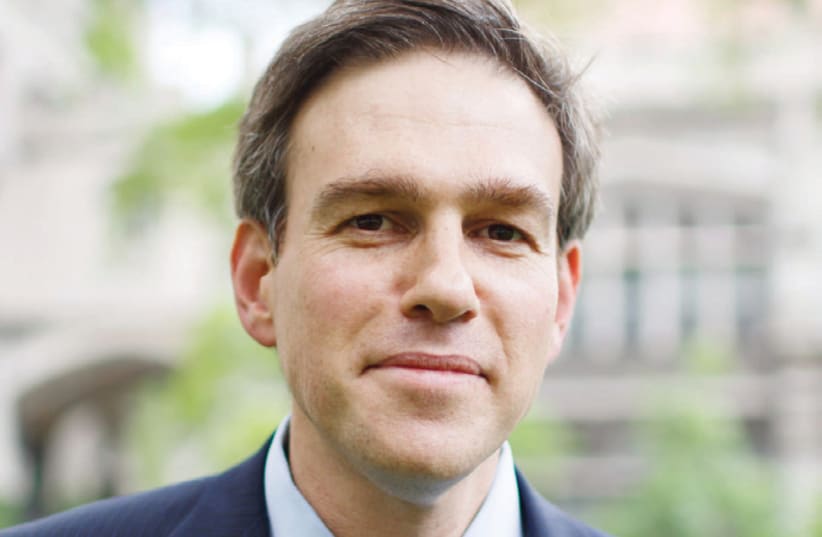“The editorial page editor is their boss,” Rosenthal told Calderone, referring to Times columnists. “The editorial page editor can fire them. The editorial page editor can kill their column if necessary.”“Staff writers should get challenged more than the guest writers are. Their reputations land on the Times itself,” Siva Vaidhyanathan, a University of Virginia media studies professor who wrote an opinion piece in The Guardian following the onslaught of reactions to Stephens' column, told POLITICO.“If I mess up I take all the blame. If Stephens messes up it speaks poorly of Bennet’s judgment and the whole paper,” Vaidhyanathan added.Stephens, Bennet's first hire, is no stranger to controversy. When working at the Wall Street Journal, the columnist was known for his harsh criticism of then-presidential candidate Donald Trump. Upon his arrival at the TImes, Stephens wrote a column questioning climate change, which angered many readers.Times columnists had long not had editors, though that’s changed in recent years as new hires have typically been assigned editors.
— Michael Calderone (@mlcalderone) January 3, 2020
New York Times: Bret Stephens article on Ashkenazi Jews was 'fact-checked'
According to POLITICO, Bennet did not specify how Stephens's references to claims of Ashkenazi Jewish intellectual superiority passed the editing process.
